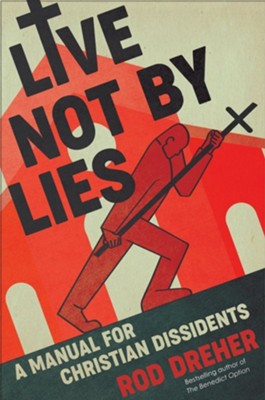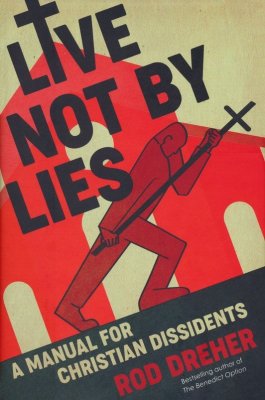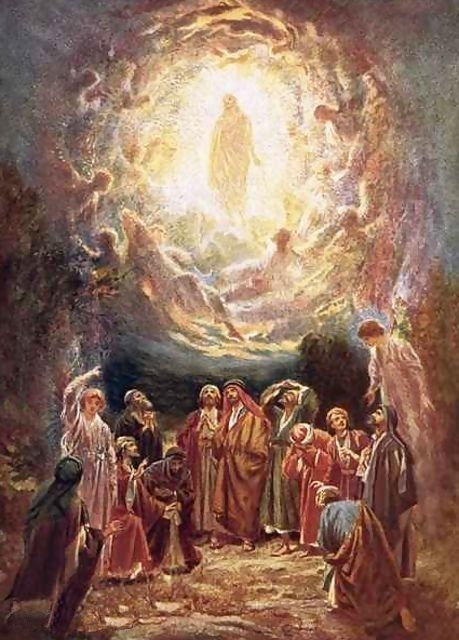Chaplain
Member
New Resources:
Video: The Pain of Others, and Your Own: Facing Trauma in Ministry - Michael Longinow
Video: Who Saw Risen Jesus? Dr. Andrew Loke Responds to @Paulogia
Video: Making What Everybody Wants - Matthew 5:9; Genesis 32-33
Video: What Sets Progressive Christianity Apart from Historic Christianity? With David Young
Video: The Gospels: Based on Myths?
THE ELECT: THE THREAT TO A PROGRESSIVE AMERICA FROM ANTI-BLACK ANTIRACISTS
The Rusty Gap
Edited:
Video: The Pain of Others, and Your Own: Facing Trauma in Ministry - Michael Longinow
Research in neuro-psychology and physical medicine tells us that traumatic events cause changes to our brain and to our body; they also affect our soul. Yet too many whose ministries deal with suffering, traumatic injury, or death neglect their own mental, physical, and spiritual health. They bear the burden of things that can wear them down. In this session we will explore some of the research on trauma, its effects on responders, and the scriptural approaches to helping ourselves as healers who seek to sustain their hands of help over the long term.
Video: Who Saw Risen Jesus? Dr. Andrew Loke Responds to @Paulogia
Atheist YouTube Paulogia recently attempted to refute Dr. Andrew Loke's arguments for the post-mortem appearances of Jesus by appealing to the work of other Christian scholars. In this video, Dr. Loke responds to Paulogia's claims.
Video: Making What Everybody Wants - Matthew 5:9; Genesis 32-33
One of the easiest things in the world is to march for peace; one of the hardest things in the world is to make peace. What does it mean to be a peacemaker and how can it best be done? Today we consider the great beatitude of Jesus, “Blessed are the peacemakers” and the unique place of the child of God in this role. We also cover some practical steps to accomplishing it as shown in the life of Jacob and his estranged brother, Esau.
Video: What Sets Progressive Christianity Apart from Historic Christianity? With David Young
David Young, author of the book, "A Grand Illusion: How Progressive Christianity Undermines Biblical Faith," joins me to talk about the history of progressive Christianity, specifically traced through the Unitarian movement in New England in the 1700's. David shares his story of getting his Phd from Vanderbilt, a theologically liberal university, and how that helped him recognize progressive Christianity and its influence in the church.
Video: The Gospels: Based on Myths?
There's countless ancient myths about dying and rising gods; what's to say Christianity is any different? Could the Gospel accounts just be based on these old myths?
THE ELECT: THE THREAT TO A PROGRESSIVE AMERICA FROM ANTI-BLACK ANTIRACISTS
Serial excerpt No. 3: We can only move on in full awareness that this is a religion. Not "like" one -- but an actual one.
The Rusty Gap
Like most people, we probably found those initial attempts at sharing the gospel both intimidating and stretching, but the more we kept pushing ‘play’ on those witnessing opportunities, the more we saw the Lord gradually increase our evangelism strength and fitness; it became something we actually enjoyed, rather than simply endured. Yet somehow – often unintentionally – the demands of work, family, care-giving, romance, even church activities took over and evangelism became neglected, like an old pair or running shoes or dumbbells now collecting dust in the garage. Eventually, however, someone or something can come along that motivates us to get off the proverbial couch and back into intentionally shining the light of the glorious gospel into a dark and broken world. But, if we’re honest, committing to regularly share our faith again with others might feel like having to run the London marathon when the only thing you have run in the last fifteen years is a warm bath. Our evangelism is rusty; our proficiency at meaningfully sharing our faith is badly out of shape.
Edited:
Last edited:





